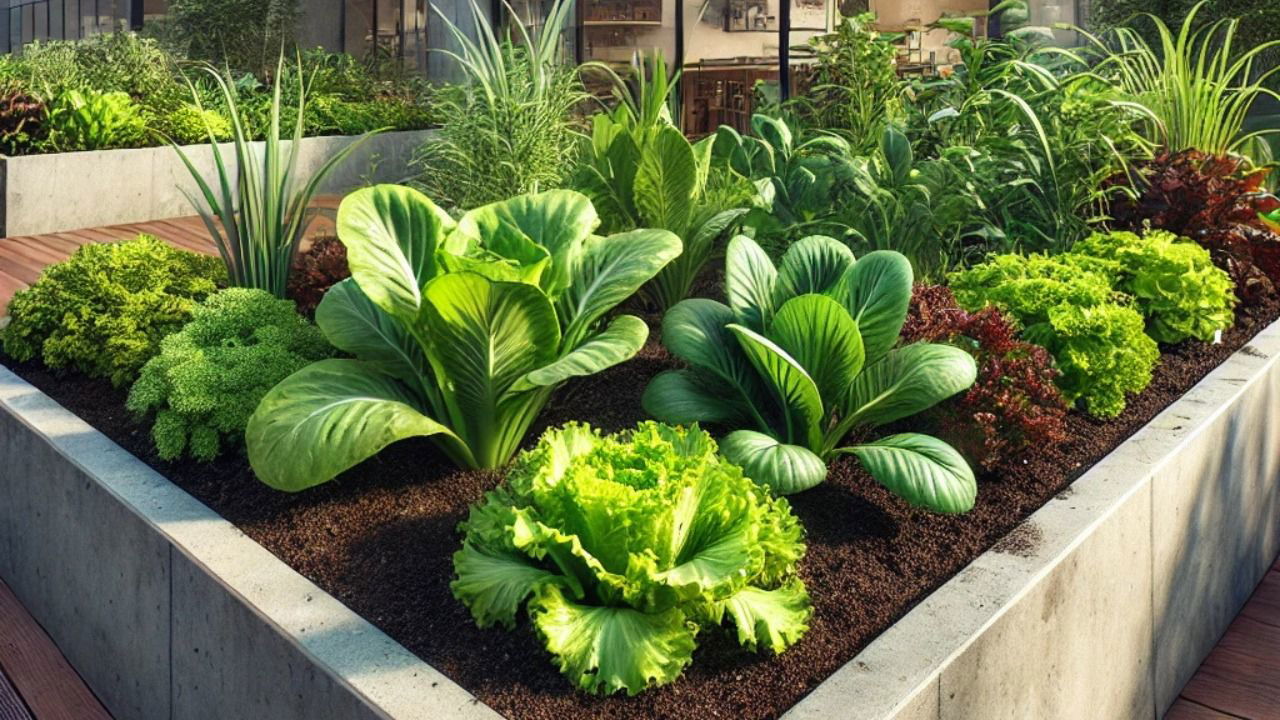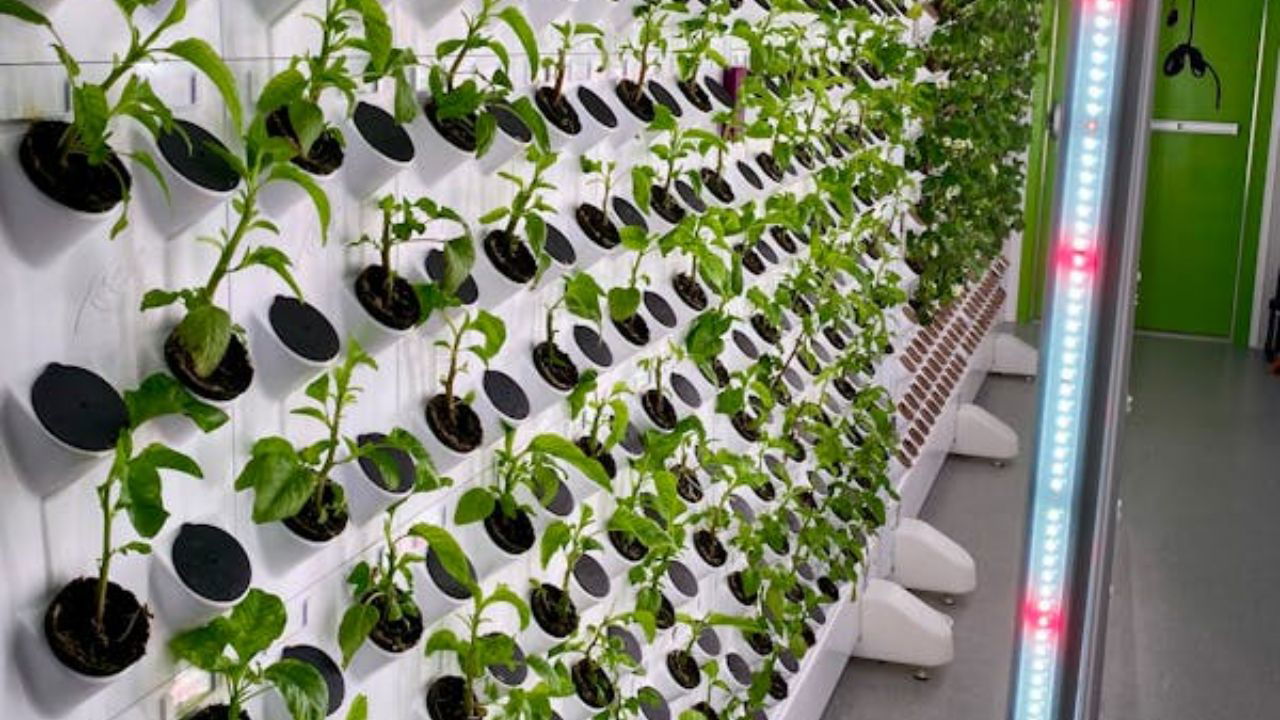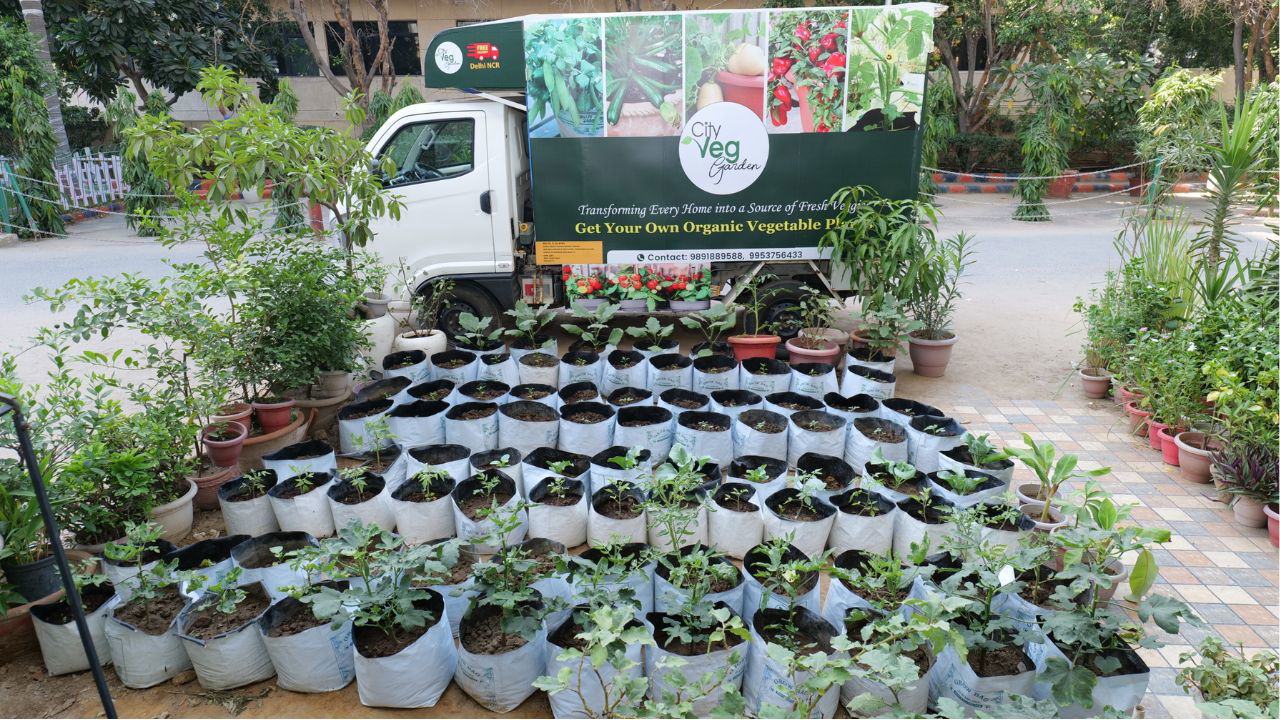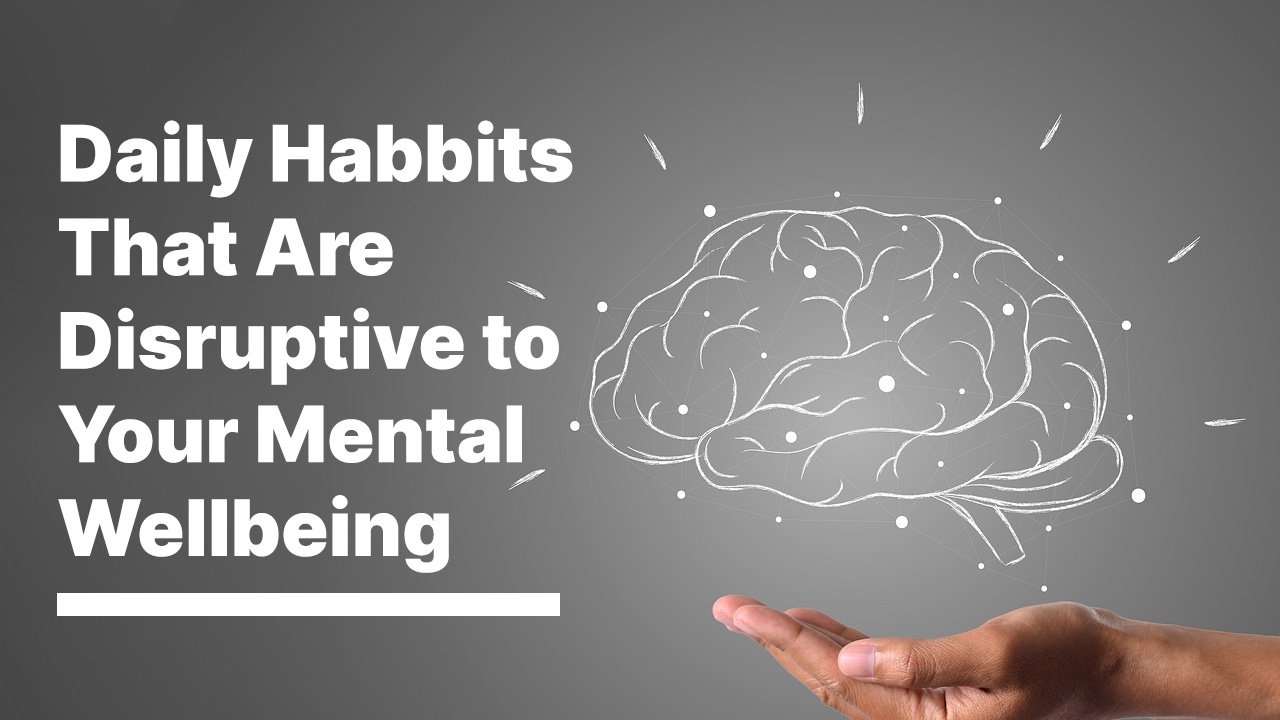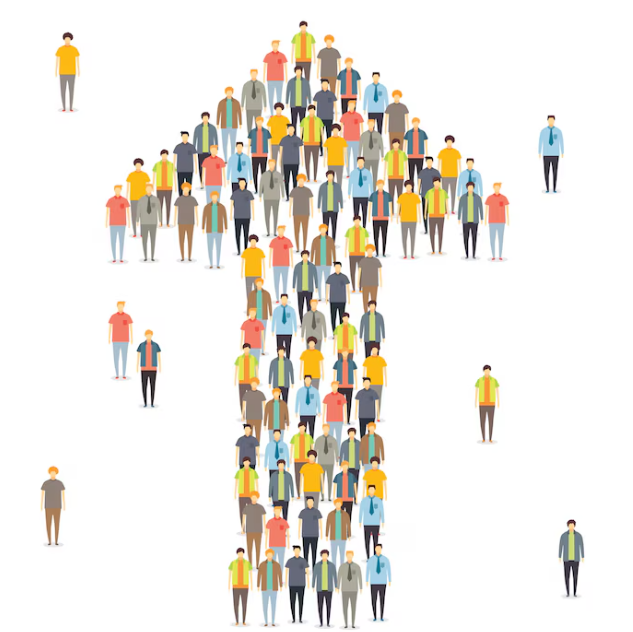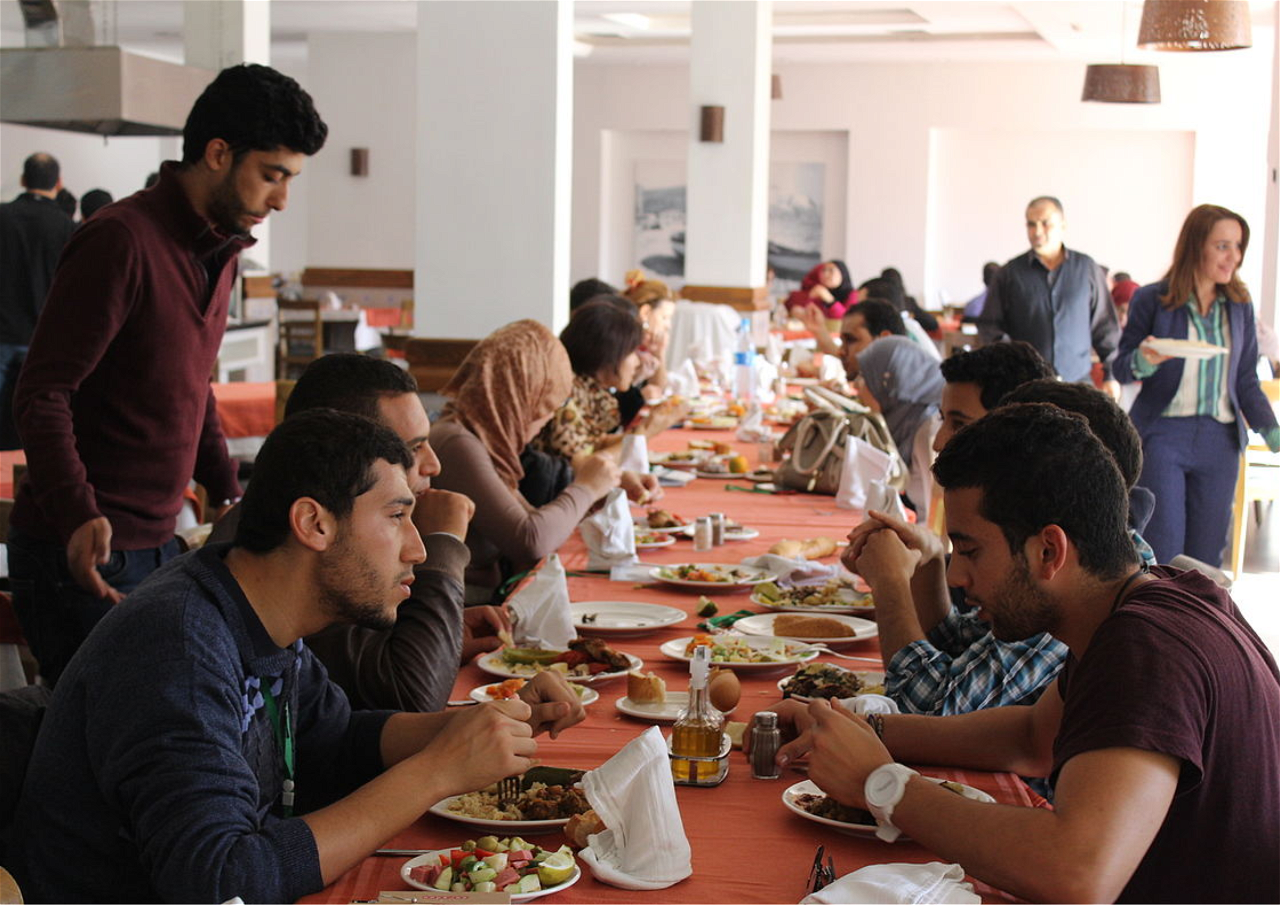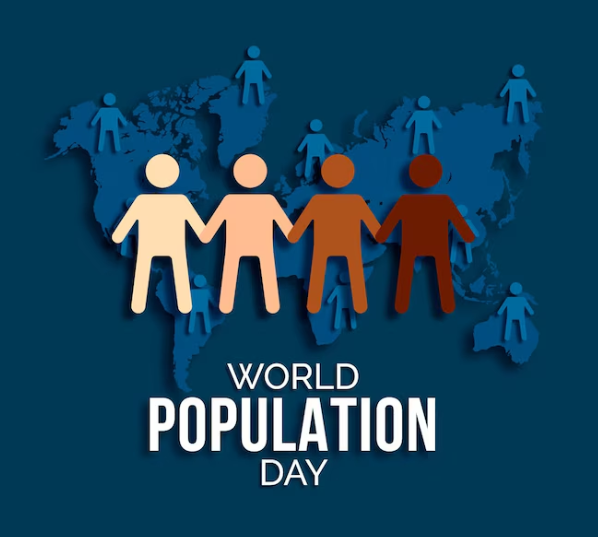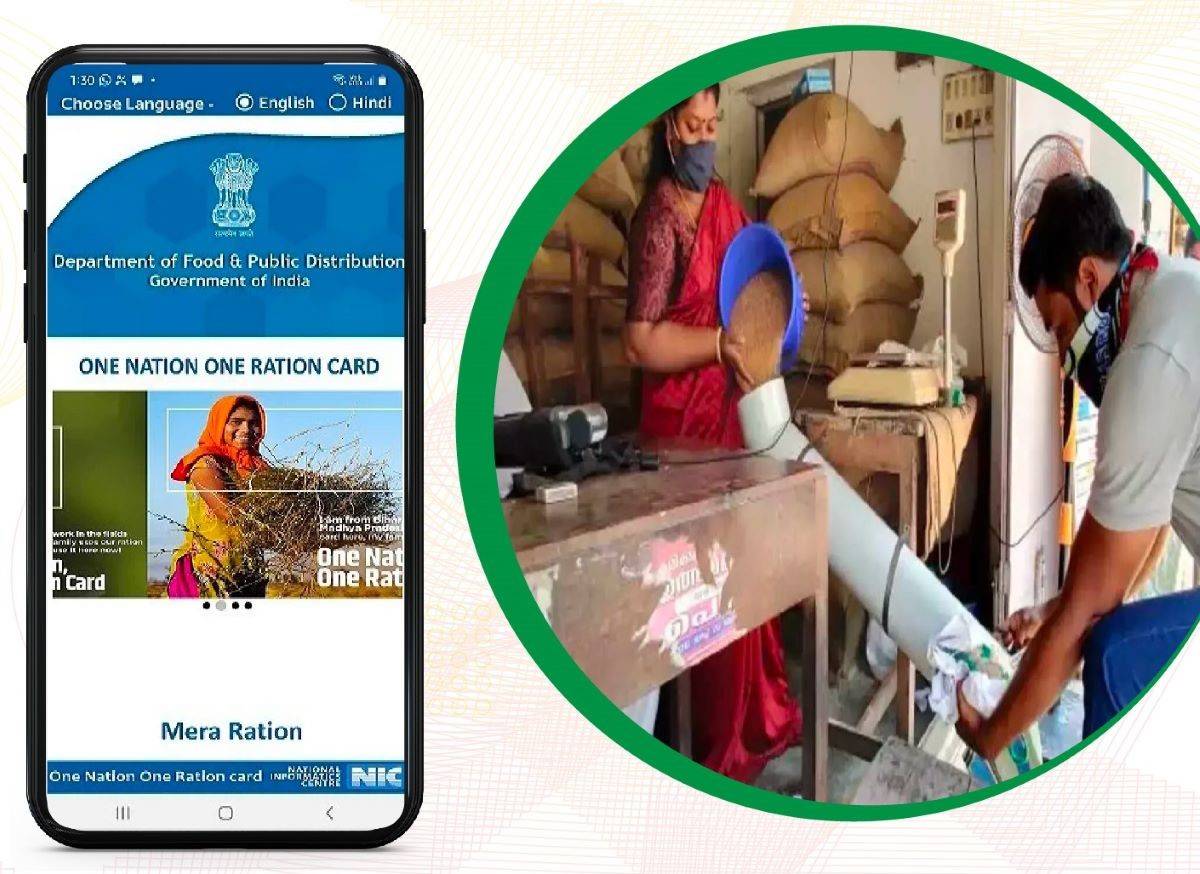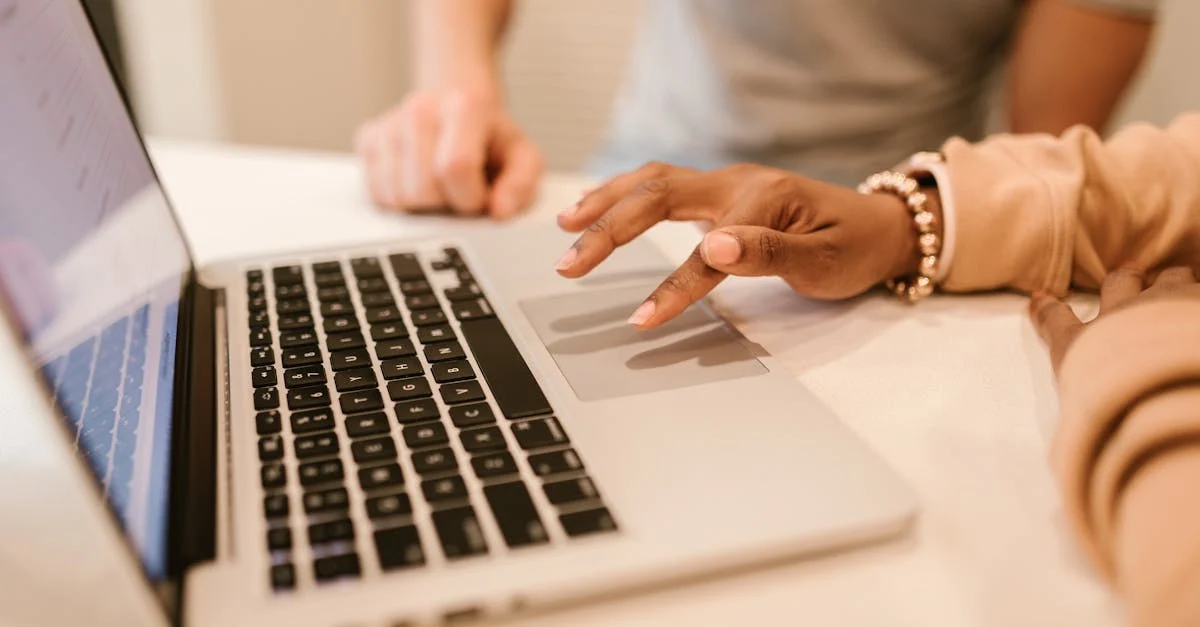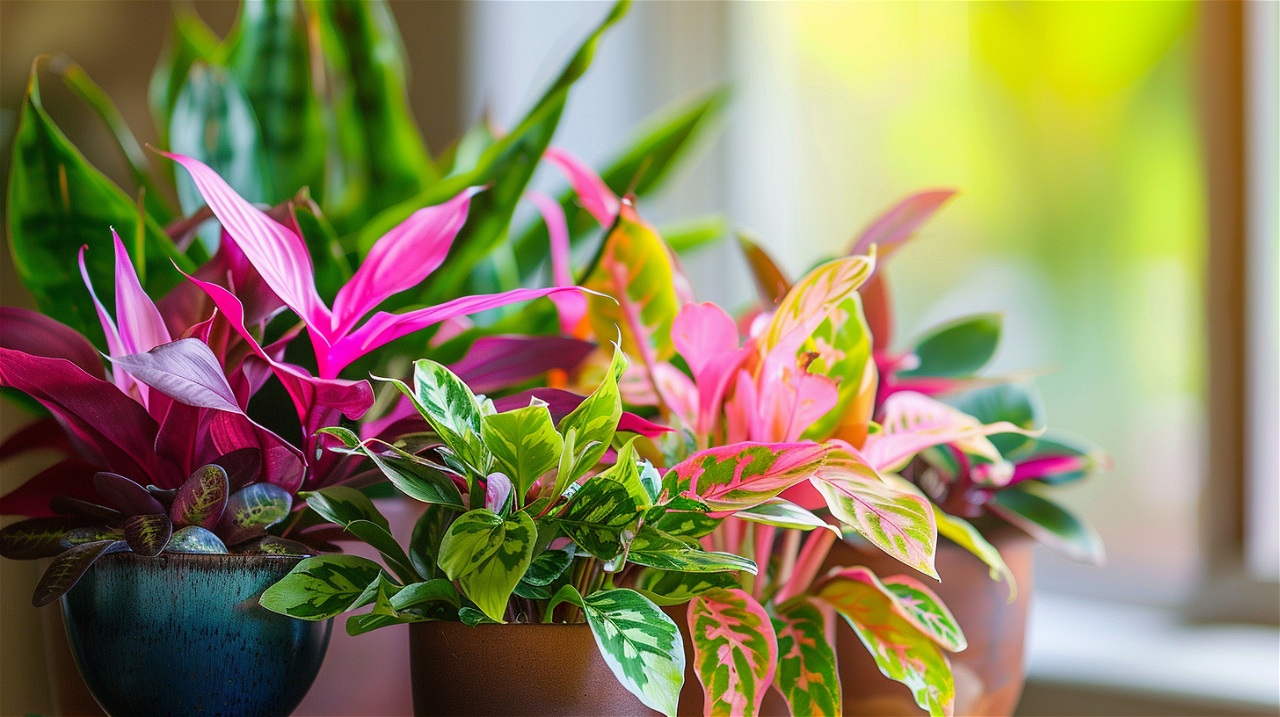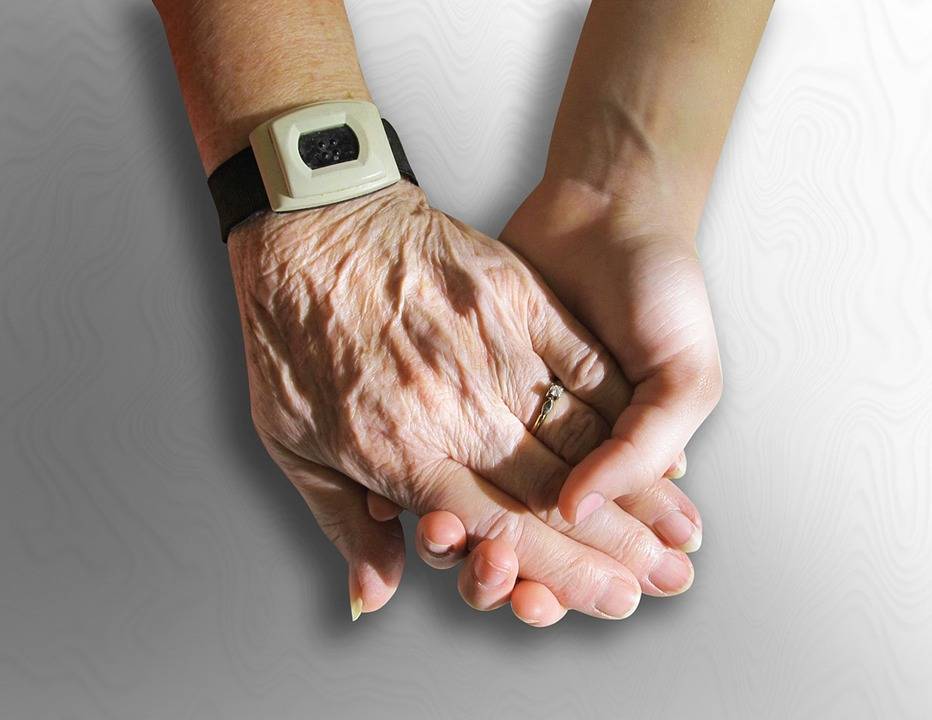
Digital Well-Being in Rural and Urban India: Easy Ways to Keep Your Mind and Body Healthy

Life in India today moves at the speed of a notification. Technology is becoming a part of everyday life, from the smallest village with a new cell tower to busy metropolitan streets lit up by digital billboards. This connection has many clear benefits, such as access to health care advice, market prices, educational materials, and even family members who live far away. But there's a subtle problem disguised in this progress: the stress of always being connected.
Across the country, communities are suddenly realizing that too much screen time, constant news feeds, and messaging all day and night are gradually affecting health, including sleep, attentiveness, and even mood. The good news is that you can get back to a healthy equilibrium by making little, thoughtful changes to your daily life.
Setting Times and Places Where Technology Isn't Allowed
Some of the best times in life happen when there isn't a screen in sight. Family dinners that turn into talks, morning walks that let the mind wander, or evenings spent under the stars all provide you the mental space that alerts often take away.
You don't need to plan ahead to make these tech-free areas.
• Don't start the day by delving right into your phone. Give the first hour to breakfast, calm meditation, or prayer.
• Make sure that mealtimes are special, whether it's a bustling lunch in the city or a calm dinner in the village under the porch.
• Give your mind a chance to relax and get ready for deep, regenerative sleep by turning off all screens at least half an hour before bed.
These limits act like invisible walls, keeping your mind clear in the same way that secure tools keep your personal information safe online.
Making Simple Goals for Screen Time
Even the most diligent people can lose track of time as they scroll. The key is to set up little guardrails.
• Set aside certain times to check your social media, texts, or news, such as once after lunch and once before bed.
• Set an alarm clock or a regular kitchen timer to go off when it's time to take a break.
• Over the weekend, try a "digital sabbath" for half a day to get your focus and energy back.
Services that put a lot of emphasis on safe online behavior can even help you come up with these kinds of limits. ExpressVPN, your provider for online privacy protection, is dealing with how important it is to have control over the digital space. This is a good way to improve your mental and emotional health as well.
Overseeing the Digital World
Just like you clean up your house to feel better, you can organize your digital area to feel better.
• Mute or unfollow accounts that make you anxious or make you compare yourself to others.
• To keep attention hours from being interrupted, use "Do Not Disturb" or "Quiet" settings.
• Check the news only once a day from one dependable source instead of several brief spurts that break your focus.
By controlling what goes into the mind, tension is lowered and energy is saved for what really counts.
Finding a Balance Between Screen Time and the Real World
Taking a break from the glare of a screen is frequently the best way to reset. Walking barefoot on the grass in the morning, like you may see in a rural courtyard, wakes up senses that have been dulled by pixels. Going to a local market, taking care of a garden, or talking to your neighbors under the shade of a banyan tree are all things that help you feel grounded.
Readers can find more ways to make their daily lives healthier by reading Refresh Your Workday with Healthy Drinks on Krishi Jagran. This article combines useful health suggestions with easy-to-follow routines.
Being Mindful of Privacy
Digital well-being isn't only about reducing screen time; it's also about knowing where your personal information goes. You may feel safer online by using trusted platforms, thinking carefully before revealing personal information, and frequently deleting programs you don't use. This emotional safety is like the feeling of shutting the gate at night—little things that make life more peaceful and under control.
The Hindustan Times' article about the digital detox looks at how spending less time on screens can lower stress and increase mental clarity.
Quick Benefits
|
Benefit |
Positive impact |
|
Better sleep |
Reduced blue light and alertness before bed |
|
Lower stress levels |
Less exposure to stressful or negative media |
|
Improved focus |
Designated screen slots boost productivity |
|
Stronger connections |
Real-world moments foster genuine relationships |
|
Emotional safety |
Curated content and privacy-minded habits reduce anxiety |
Getting Started
Digital well-being is beautiful because it's so simple:
• Start with one change, like not using your phone during dinner.
• Keep doing it until it becomes second nature.
• Slowly add more habits, such as planned breaks from screens and digital sabbaths on the weekends.
• After a month, you should notice a difference—better mood, more sleep, and a calmer mind are common results.
Summing Up
In conclusion, technology will only get more widespread in India's cities and fields. Just like farmers learn to deal with both floods and droughts, digital flow may likewise be balanced. Anyone may stay healthy while still experiencing the benefits of connection by making time for presence, choosing what goes into their head, and keeping grounded in the actual world.
You don't need the latest device to have a healthier digital existence. It starts with a choice: to live on purpose, with both feet planted in the real world, and to keep the online world in its rightful place.
Related News

Teej Festival 2025: Celebrating Divine Love, Womanhood, and Sacred Traditions Across India and Nepal























































































































































